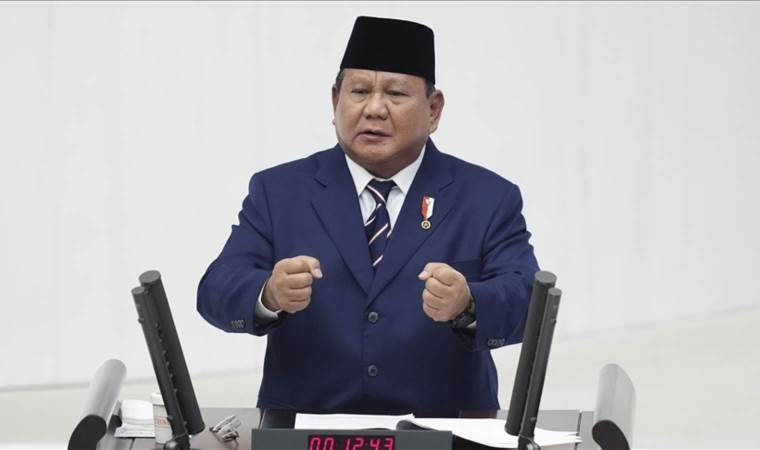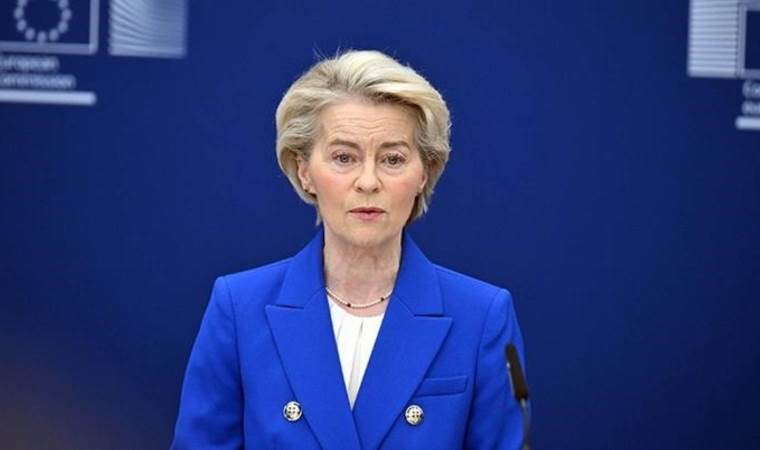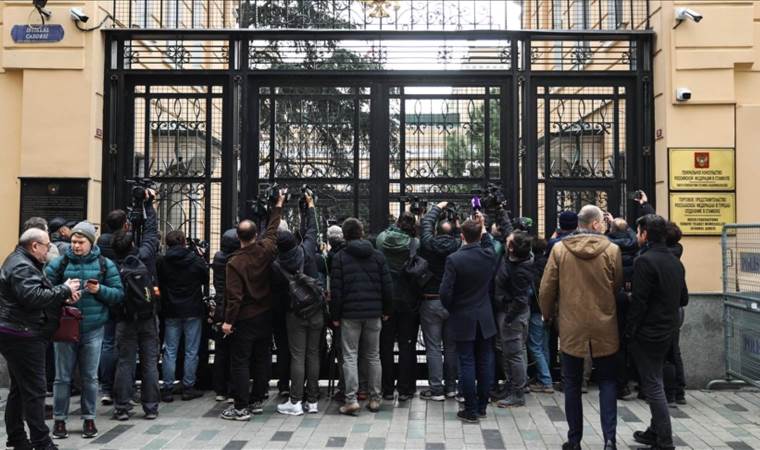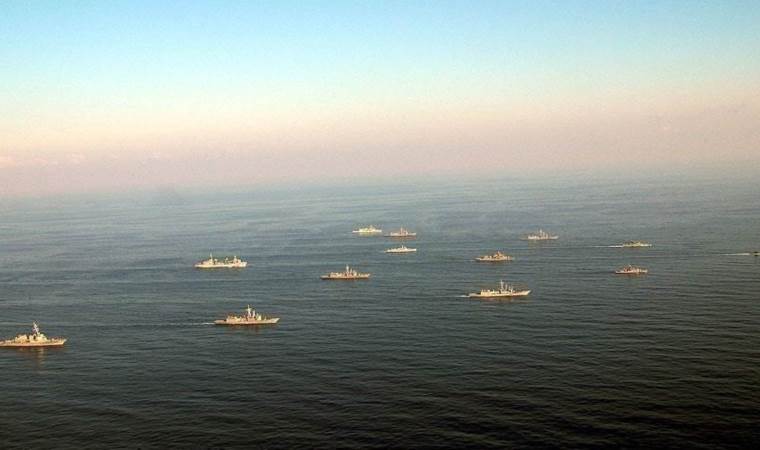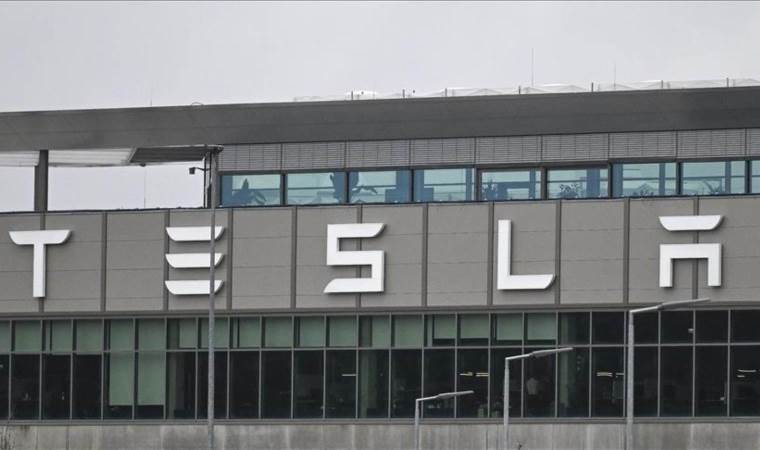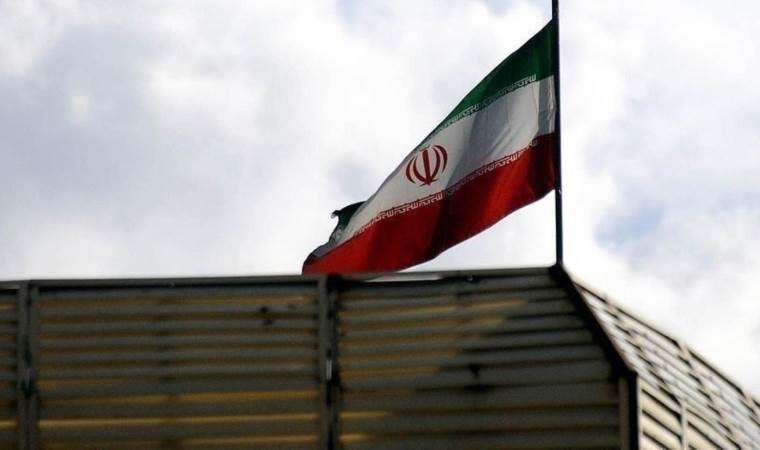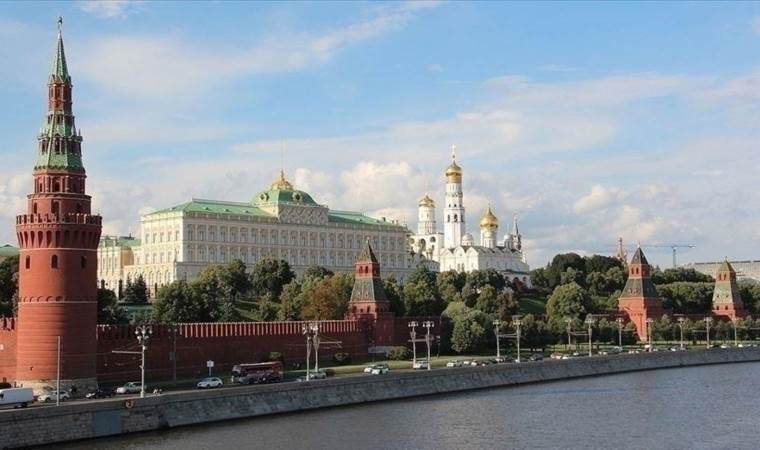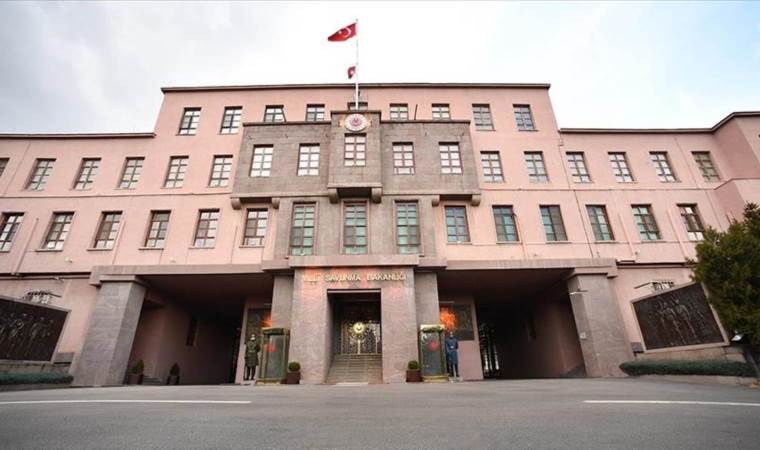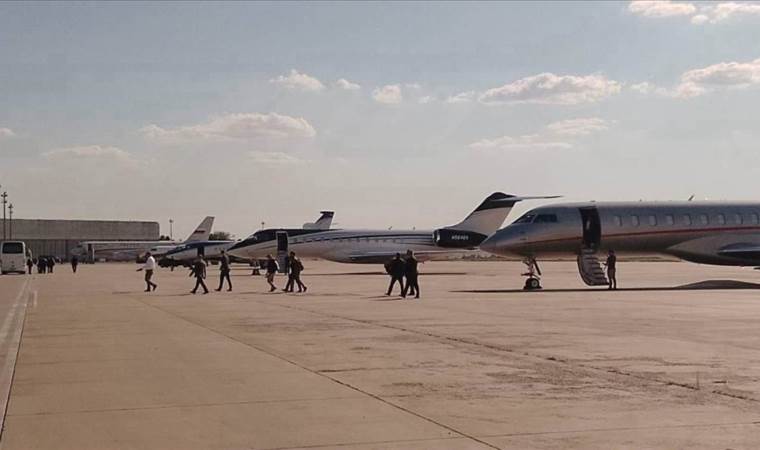Analysis: China-brokered Saudi-Iran deal in Israel's targets
Normalization of Iran-Egypt relations, rapprochement between Turkey, Syria to result in Israel's isolation in region, not Iran's
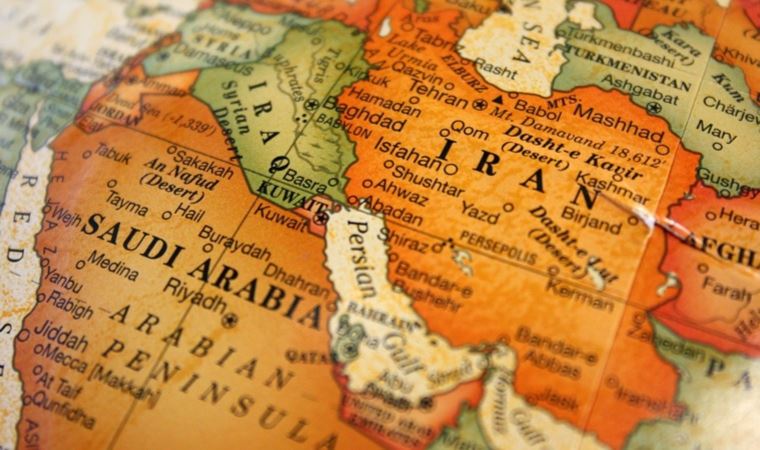
The Middle East has recently witnessed significant regional developments, such as the rapprochement between Türkiye and Syria, the normalization process between Syria and the Arab world, and, most importantly, the Iran-Saudi Arabia agreement.
A meaningful relationship exists between these latest developments and Israel's deliberate escalation of violence in Palestine, leading to a new security architecture suitable for Iran to expand its influence in the region.
Iran's proxy war in countries like Syria, Iraq, Yemen, and Lebanon, as well as its nuclear weapon program, have resulted in a convergence of threat perception among the Gulf kingdoms and Israel.
This has resulted in the emergence of an Israel-led anti-Iran bloc that includes the Gulf nations.
Additionally, the US' "maximum pressure" campaign to isolate Iran has also built strong international support for this anti-Iranian bloc.
The Abraham Accords, a series of joint normalization statements initially between Israel, the United Arab Emirates, and Bahrain in 2021, was a significant diplomatic victory for Israel.
The Abraham Accords, which expanded with the participation of Arab countries, raised expectations that Saudi Arabia would also soon join this agreement.
The Saudi-Iran deal that was signed in Beijing with Chinese mediation weakened Israel's anti-Iranian bloc project that it was trying to establish with US support via the Abraham Accords.
The deal also eliminated Israel's diplomatic superiority in the region and Israel's anti-Iranian bloc project suffered a significant blow.
In particular, the normalization of Iran-Egypt relations and rapprochement between Türkiye and Syria will result in Israel's isolation in the region, rather than Iran's.
If the agreement between Iran and Saudi Arabia can be fully implemented, the proxy wars carried out by Israel in its neighboring countries would dissipate in intensity and the internal conflicts and instability may come to an end.
Some of the consequences of the agreement that will be unpleasant for Israel include the easing of "maximum pressure" on Iran, as well as Tehran's increased ability to attract Gulf investment to shore up its economy, and the decline of tensions in the region, thus reducing the need for security providers like the US and Israel.
ISRAEL'S DESIRE
Since its establishment in 1948, Israel owes its existence largely to the unlimited military support of the West and the ideological and sectarian divisions within Arab countries.
So, improving ties between rival actors in the Middle East and the reduction of unlimited US support is an existential threat to Israel.
Essentially, Israel prefers a regional order in which other countries are too weak to compete with it; regional powers engage in existential hostilities between one another; actors like Türkiye, Egypt, Syria, Saudi Arabia, and Iran are divided in their domestic politics; the gap between rulers and citizens deepen throughout the region, and the US is the dominant actor in the security architecture.
The chaotic political atmosphere in the region enables Israel to achieve its geopolitical purposes by pursuing revisionist policies, especially in the Judaization of Palestine.
When the conditions it prefers are met, Israel is able to extend its influence to very broad regions such as the Red Sea, the Gulf, Mesopotamia, and the Caucasus.
For many years, Israel's policy toward the region has thus been to weaken regional actors, preventing them from accumulating military and economic might and forming an anti-Israeli bloc by provoking tensions between them.
Israel played an important role in the invasion of Iraq, the sanctioning of Iran and Syria, the rupture of Egypt-Iran relations, and fraying relations between the West and Türkiye.
Recently, Tel Aviv's greatest investment was in stoking tensions between Iran, the leader of the Shia world, and Saudi Arabia, which holds a similar position for Sunnis.
When tensions between Iran and Saudi Arabia boil over into proxy war, the productive resources of these nations flow into armed conflict, while countries like Syria, Lebanon, Bahrain, Iraq, and Yemen suffer deep internal divisions.
WHAT WILL BE ISRAEL'S GAIN
Israel has adopted the radicalization of Middle Eastern politics as its fundamental mission since 1948.
The escalating violence in Palestine has played a significant role in the radicalization of regional politics.
The main reason for this is the high sensitivity to the Palestinian issue that all Middle Eastern peoples share.
Israel gains in three ways with the radicalization of regional politics, with its first goal being to deepen the divide between governments and citizens.
When violence in Palestine and against the Al-Aqsa Mosque escalates, this triggers is an intense outburst of anger and protest throughout the region.
The fact that some regimes must rely on Israel and the West for their own security makes it impossible for them to take steps against Israel. So, whenever protests break out, this also increases public pressure on regional governments.
Second, Israel is pulling actors like Hamas, Hezbollah, and the Islamic Jihad Movement into the conflict by escalating violence in Palestine.
Its periodic provocations of armed conflict not only increase concerns about Israel's security in the West, strengthening the Israeli-Western alliance, but also raises international pressure on countries that support these armed groups.
Finally, with the escalating armed actions in Palestine, Israel is able to keep domestic militarism alive, prevent internal divisions, and produce legitimate reasons for military operations in the region and Palestine as a whole.
The Iran-Saudi Arabia reconciliation will have consequences that weaken the regional order preferred by Israel with intense rivalry and hostilities.
The deal will also produce certain outcomes that harm the interests of the US, which is the primary actor in regional security.
The escalation of violence in Palestine by Israel is a policy aimed at disrupting the positive steps taken among regional actors, just as the Iran-Saudi reconciliation in the 1990s came to an end with the Israel-Hezbollah war in 2006.
Most Read News
-
 Indonesia will 'stand side by side' with Türkiye in defe
Indonesia will 'stand side by side' with Türkiye in defe
-
 EU agrees on 90-day pause in countermeasures against US
EU agrees on 90-day pause in countermeasures against US
-
 Russia-US talks in Istanbul conclude after more than 5 h
Russia-US talks in Istanbul conclude after more than 5 h
-
 US, South Korea hold joint naval salvage exercise
US, South Korea hold joint naval salvage exercise
-
 Tesla shares soar 22.6% as Trump grants tariff pause
Tesla shares soar 22.6% as Trump grants tariff pause
-
 Iran says IAEA inspectors could be expelled if threats c
Iran says IAEA inspectors could be expelled if threats c
-
 Kremlin denies Zelenskyy's allegations of Chinese involv
Kremlin denies Zelenskyy's allegations of Chinese involv
-
 Türkiye, Israel hold first technical meeting on conflict
Türkiye, Israel hold first technical meeting on conflict
-
 Russia confirms prisoner exchange with US
Russia confirms prisoner exchange with US
-
 Canadian premier calls US tariff pause a 'welcome reprie
Canadian premier calls US tariff pause a 'welcome reprie
